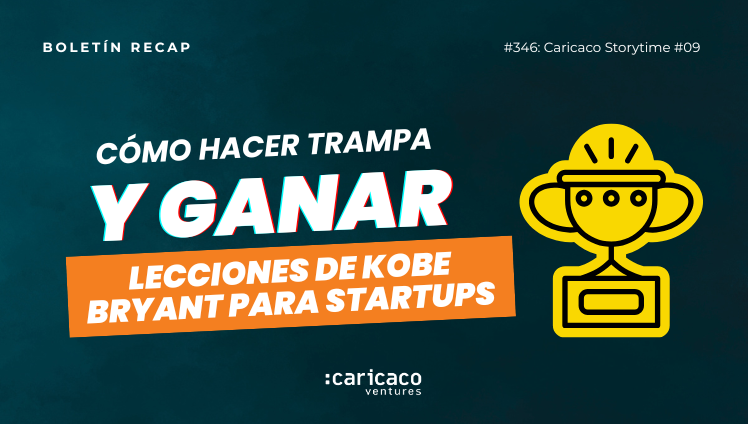Kobe Bryant is a legendary figure in sports and culture. At 18 years old, he began his career with the Lakers where he played 20 seasons and broke so many records and won so many awards that I can’t mention them all here. He’s always in the conversation about who’s the greatest basketball player of all time, but more than that, his attitude toward training and his profession has made him a mythical being.

Kobe cheated
But it was good cheating.
The concept of “cheating” is always used to refer to an action that generates an unfair advantage, usually by violating some rule of the game while other players follow them. But there are also those who gain an advantage over others, even while following all the rules. They do things differently from how they’re normally done or do things others aren’t willing to do. This is good cheating. I call it “cheating” because nobody else does it and it definitely gives an advantage — you could even say it’s an “unfair” advantage.
Kobe Bryant would wake up to train at 3-4am. By the time his teammates arrived to practice, he had already made 800 free throws. His work ethic was incomparable, literally: it couldn’t be compared because nobody else did it. His training was good cheating because it gave him an advantage over players who followed the status quo.
All players could wake up at 3am to train more, but nobody did it.
“Kobe was unfair”, says Matt Barnes on a podcast.
One of the clearest examples of his “good” cheating is that Kobe studied the Referee Guidelines that were given to referees and that the NBA changed every year. Those guides indicated where on the court each referee should be to analyze each facet of the game, how they moved, what they saw and what they didn’t. By studying those guides, Kobe knew, depending on where the action was on the court, where each referee was going to be and what the “dead zones” were (the zones where referees couldn’t see what was happening).
All players could have access to those guides, but nobody did it.
“I learned where those zones were and I took advantage of them. I would get away with holds, travels, and all sorts of minor violations simply because I took the time to understand the officials’ limitations.” – Kobe Bryant, in the book Mamba Mentality
The most popular narrative for sports, professional careers, and business is about people with exceptional talent, but how you really gain advantage in any field is by doing what others aren’t doing because they don’t know it can be done and/or because they’re not willing to do it. Being able to understand the limitations of our industry, our competitors, our team, and dedicating energy to understanding how to take advantage of those limitations is key.
Can you operate in a legitimate zone that nobody else is seeing that gives you an advantage? (ahem…Uber…ahem) Dead zones can also be seen as perfectly legal areas where your competitors aren’t playing and where, just by playing there, you could have an advantage. Identify them. Use them.
What can you do in your professional “training” that nobody else does to gain an advantage?
Kobe woke up earlier, trained more, and got distracted less. Don’t stop spending leisure and rest time (please), but most people don’t “practice” their craft in professional careers. Learning to write better, create content, read more industry analysis, seek to give talks even if they’re free, write to people you admire with an idea you had…all of that is practice to improve in your craft that 99% of people don’t do. Just by doing it, you’re already winning.
Access our other blogs here.

